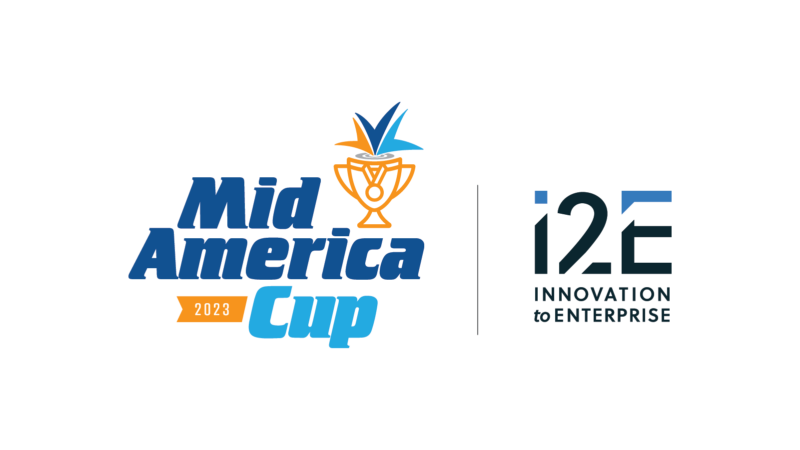By Scott Meacham
Copyright © 2015, The Oklahoma Publishing Company
It is March madness time in Oklahoma, and I don’t mean basketball.
It is that time of year when the Legislature turns its attention to crafting the state budget. Like the basketball tournaments, the process starts in March and ends (hopefully) in April. Also, like basketball, there is a lot of booing and cheering and more than a little head scratching and second guessing.
I spent eight years in the middle of the budget process as Gov. Brad Henry’s secretary of finance. As a banker from western Oklahoma in his first experience with state government, I was surprised how few people really understood the entire state budget and how few people materially participated in finalizing each year’s budget. I was always amazed that with all of the competing interests the final product seemed to get things right more often than not.
I recently attended a planning session for an upcoming Oklahoma Academy Town Hall on the State Budget. The discussion centered on best practices from other states, such as performance-based budgeting driven by goals and outcomes to determine budget priorities.
During that discussion, it suddenly dawned on me the extent to which we have been in a mode of crisis budgeting in Oklahoma since the Great Recession, even though until recently our economy has been growing at a rate that was the envy of the rest of the nation.
Some crisis budgeting was forced upon us by national economic factors, but much of it we have done to ourselves through structural problems we created with off-the-top, automatic spending programs, laws that increase costs rather than manage them in key budget areas such as corrections, or unchecked tax credits and tax cuts which promised enhanced revenue growth that never fully materialized.
This year presents yet another budget challenge for the governor and the Legislature with oil prices down and natural gas prices having never really recovered.
It is impossible to do performance-based or any other kind of outcome-oriented budgeting when we are always in crisis mode. Hopefully, the Town Hall process can help provide some long-term solutions.
But for this cycle, the clock is ticking. Another budget with yet another round of cuts must be crafted by the governor and the Legislature.
The key governmental priorities of education and health care have weathered the storm of past budgets fairly well. However, the story has not been as good for job creation and building the innovation economy, which will be our future.
The operating budget for the Department of Commerce has been cut dramatically while the budget for the Oklahoma Center for the Advancement of Science and Technology has been cut more than 17 percent since FY2010.
This is certainly no way to win the national championship!
Scott Meacham is president and CEO of i2E Inc., a nonprofit corporation that mentors many of the state’s technology-based startup companies. i2E receives state appropriations from the Oklahoma Center for the Advancement of Science and Technology. Contact Meacham at [email protected].
Did You Know? Advanced industries, the core of an innovation economy, create 2.2 jobs domestically for every new advanced industry job.








